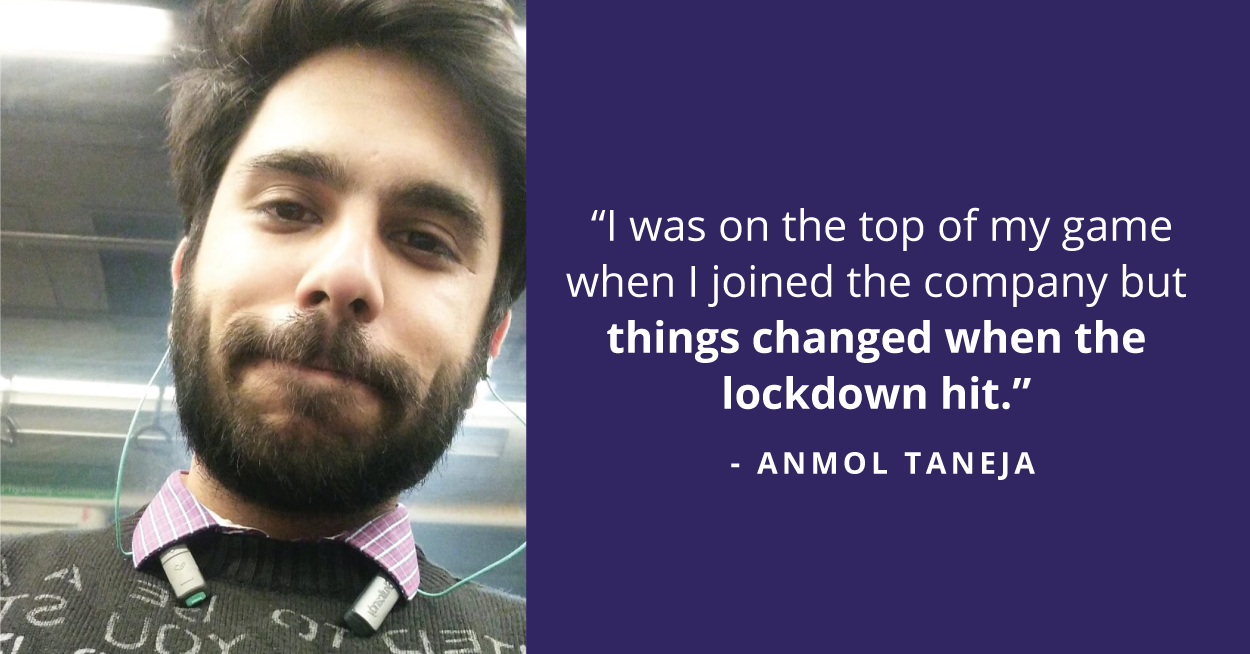What are you really thinking about now?
Of course, you are reading this article. But are you simultaneously thinking of something else? How to avoid traffic on your way home? What to give your son for his birthday? How to solve the housing problem in Bangalore?
Now, don’t worry, we are not going to castigate you because mind wandering is not only natural, but there is some research to show that mind-wandering might actually have benefits!
Mind wandering is apparently a sign of creativity and the ability to solve problems.
Basically, one part of your brain is thinking about what you are doing at the present while another part of your brain is solving another problem. That’s pretty cool, right?
Susan Weinschenk in her book ‘100 things every presenter needs to know about people’ writes:
Mind-wandering allows one part of the brain to focus on the task at hand, and another part of the brain to keep a higher goal in mind. Christoff (2009) at the University of California, Santa Barbara has evidence that people whose minds wander a lot are more creative and better problem solvers. Their brains have them working on the task at hand but simultaneously processing other information and making connections
We also daydream as a way of coming up with solutions to handle situations we anticipate. It is a coping mechanism our brains have devised to help us. And by coping I do not mean just emotional distress, but mind wandering may help some tolerate physical pain as well.
People who mind-wander, they might be more able to vary their response to pain on their own
Karen Davis,a neuroscientist at the University of Toronto’s Centre for the Study of Pain, speculates.
They also might be more adept at learning pain-control methods like yoga, meditation or cognitive behavioral therapy. And non-wanderers may need different forms of help
However, there is a downside to mind wandering too.
Daniel Gilbert wrote in the Harvard Gazette:
People spend 46.9 percent of their waking hours thinking about something other than what they’re doing, and this mind-wandering typically makes them unhappy
In an article titled ‘A wandering mind is an unhappy mind’, the research proved that minds that wander tend to be less happy. This was true even when people were doing least enjoyable activities and their mind was wandering to more positive thoughts.
Daydreaming also has an effect on what we remember, it is almost as if by day dreaming we are choosing to not remember something.
In an article “Remembering to Forget: The Amnesic Effect of Daydreaming,” the point made is that,
“mind wandering can disrupt the encoding of information previously being attended to”
For instance, let us consider you are listening to a boring talk of one hour. You actually listen for the first 20 minutes and then your mind begins to wander. While you certainly won’t remember what the later 40 minutes of the talk about, mind wandering can cause you to forget what the first 20 minutes was about too!
So what do you do? Do you let your mind wander or not? The trick is in knowing when to let your mind wander. Daydreaming while doing everyday chores and tasks like drinking coffee or taking a bath, is good for you and can even result in great breakthroughs. But when you’re working, you must control your mind and focus on the task at hand.
So, day dreamers, just make sure you train your mind to concentrate during work and daydream during play. Here is an article to help you control your mind.
For getting an answer to your specific question, reach out to our experts and chat with them.
Happy (controlled) day dreaming!




